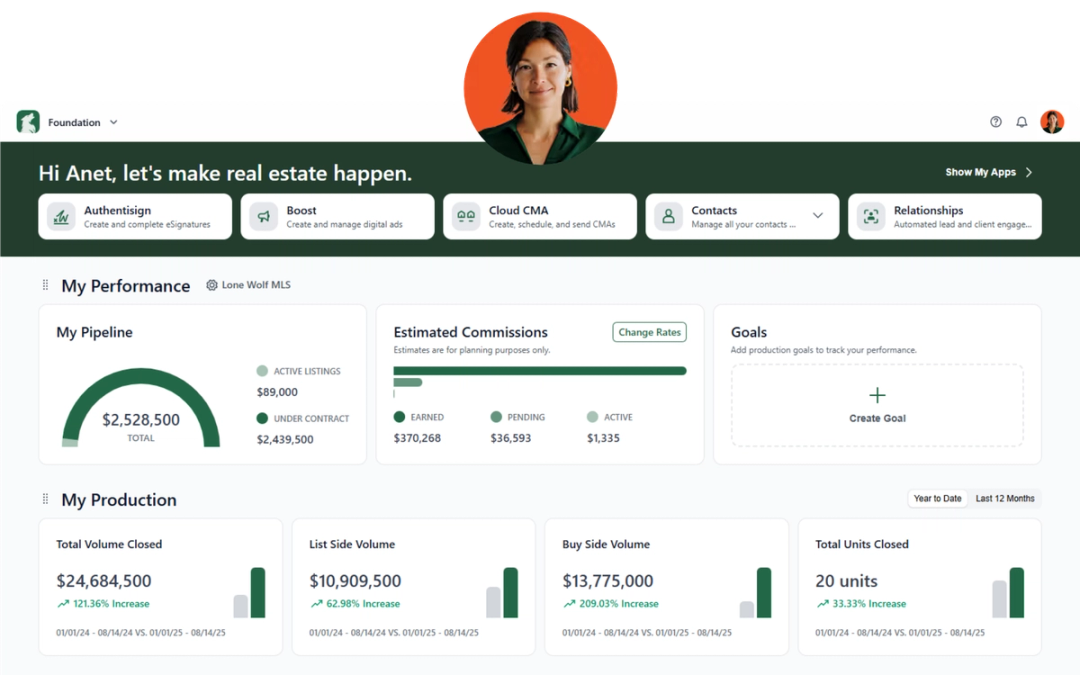
When a home sale closes, it can feel like the end of a journey. Finally, after open houses, showings, contracts, revisions, and all the myriad steps involved, the client gets to move into their new home and your job is done.
Unfortunately, things aren’t always so cut and dry, especially with mortgage rates, prices, and chances of buyer’s remorse on the rise. Even when real estate agents do everything perfectly throughout a sale, they can get pulled into a legal claim months or years later.
Let’s explore how you can protect your real estate business and your sellers from home sale disputes.
Keep yourself covered through disclosures
For most home sales, agents and sellers need to complete disclosure forms. These forms list out important information about the property, like condition, assets, fixtures, updates, and more. As useful as they are, these forms can also be the starting point for potential home sale lawsuits for three reasons:
- They’re legal documents, so they’re binding and can be enforced
- They’re full of legalese, so sellers have to ask and agents become the source of information
- Agents can’t make any material representations
This means there is a wide gap between what sellers need while completing disclosures and what agents can safely provide. The best bet for agents to reduce liability issues is to look into methods to provide this information without directly involving the agent.
Pro tip: The Gold Standard Disclosure Process™ from Sellers Shield guides sellers through disclosure forms with examples, tips, and definitions—so agents can minimize their involvement and avoid liability issues. Get started here.
Protect yourself after the sale closes
Of course, even with proper protections in place, there’s always the chance of a post-sale lawsuit. Here’s a true story of a claim brought against an agent, shared by our friends at Sellers Shield:
Note: Names and details have been changed to protect anonymity.
A year after selling her home, Abby, a real estate agent, received a text message from the buyer saying that the property had flooded in a recent storm. The buyer, an attorney, was threatening to sue her if she didn’t pay for the water damage, and to report her to the state’s real estate committee—putting her at risk of losing her license and her career.
In the sale process, Abby had been very clear in her seller’s disclosure. She had disclosed in detail that the home had flooded during her time living there, and that she had hired someone to install French drains to help resolve the flooding issue.
This meant that Abby could protect herself against the buyer’s claim. Because this was a client story through Sellers Shield, they kept her covered with a local real estate attorney to represent her, resolved the claim with minimal involvement on her part, and protected her from the stress of a lawsuit.
Related reading: Explore how Sellers Shield protects sellers and agents here.
As a real estate agent, you have a lot of things on your plate. Worrying about potential lawsuits after a sale shouldn’t be one of them. Get started with Sellers Shield, complete with integration into Transact, here. Because when your sellers are protected from legal issues, you are too.
Other resources
See more eBooks, webinars, and blog articles to help you stay ahead with strategies designed for your success.
